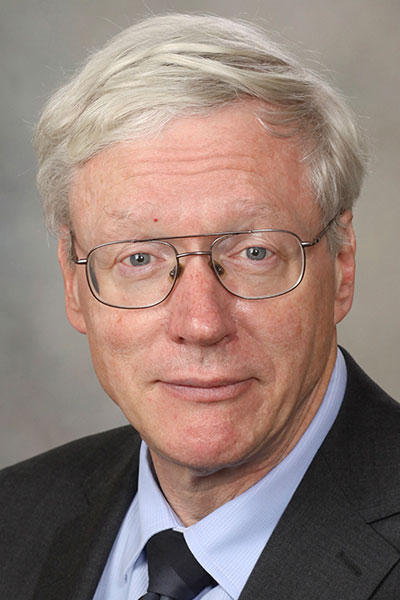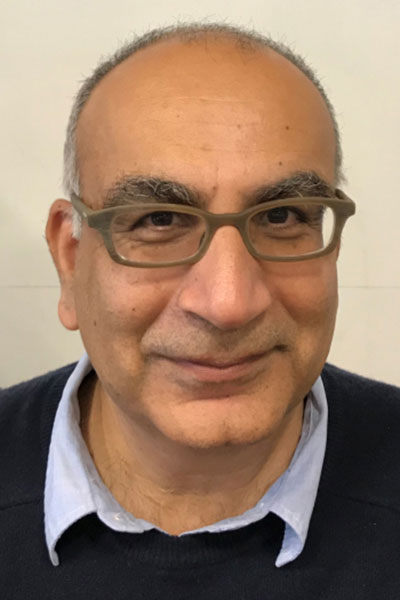Over the past several years, researchers have made important discoveries regarding aging-related metabolic disease and fundamental aging processes that appear to be root-cause contributors to multiple conditions across the lifespan. Among those processes, studies have demonstrated the role of cellular senescence in a number of endocrine diseases, including diabetes.
The role of senescent cells in the pathophysiology of diabetes and the potential of different therapeutic approaches to targeting these cells will be among the topics discussed and debated by a pair of researchers during the session Aging-Related Metabolic Disease—Major Drivers and Therapeutic Strategies on Sunday, June 25, at 3:15 p.m. PT in Ballroom 6A-B of the San Diego Convention Center. This session also will be available via livestream for registered meeting participants.

James L. Kirkland, MD, PhD, Professor of Medicine and Physiology at the Mayo Clinic, will discuss the potential of a novel class of drugs known as senolytics in selectively eliminating senescent cells. Dr. Kirkland’s pioneering research on the impact of cellular senescence on age-related dysfunction and chronic diseases led to the development of the first senolytic drugs, which are currently being studied in clinical trials.
“Research is ongoing, but in preclinical models, it appears that by using senolytic drugs that eliminate specific senescent cells, it is feasible to improve peripheral insulin resistance, alleviate inflammation in adipose tissue, and prevent complications of diabetes such as liver fat accumulation, renal dysfunction, and possibly even brain dysfunction and eye disorders that are associated with diabetes,” Dr. Kirkland said.
There are multiple trials related to senolytics underway in the U.S. and Europe. Investigators at the Mayo Clinic are studying younger individuals with obesity and diabetes to determine whether senolytic agents will reduce peripheral insulin resistance and potentially reduce reliance on other medications.

Anil Bhushan, PhD, Professor of Medicine at the University of California, San Francisco Diabetes Center, will describe research suggesting that an immunotherapy approach might lead to more effective therapeutic agents to eliminate senescent cells.
Dr. Bhushan’s research focuses on understanding how the immune system senses and tunes its response to senescent cells in diseases and aging. One of the goals of his research is to identify and target the endogenous immune surveillance mechanism that can promote the elimination of senescent cells and reverse disease progression.
“Rather than target the cells directly with a drug and removing them, we reasoned that these senescent cells linger due to a failure of the immune surveillance that normally removes them naturally,” Dr. Bhushan said. “So, we believe that targeting the immune system that fails to remove them will lead to a reactivation of the immune system that will then remove these cells in a natural, endogenous, and targeted way.”
Whether targeting the senescent cells directly or indirectly by targeting the immune system, Dr. Kirkland and Dr. Bhushan agree that emerging and ongoing research will provide important answers about the efficacy of interventions to clear human senescent cells.

